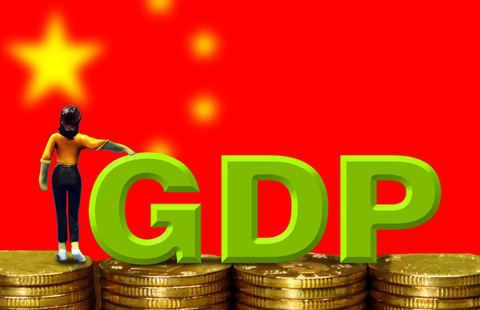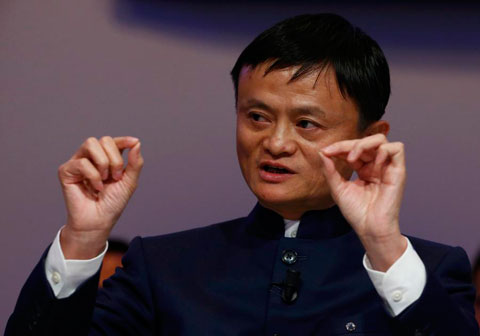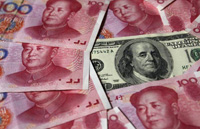Market reforms reshape China's economic landscape
(Xinhua) Updated: 2015-01-30 09:54Meanwhile, private companies also demonstrated higher economic momentum in investment and trade compared to state-owned companies.
The private sector accounted for 64.1 percent of all urban fixed asset investment last year and saw investment growth up 18.1 percent, higher than the national average growth of 15.7 percent.
Official data also showed export value of Chinese private companies rose 19.1 percent in 2013, 11.2 percentage points higher than the nations's average export growth for the year.
Private companies have also driven innovation-led growth, with the likes of Alibaba and Tencent bringing revolutionary changes to shopping, travel and wealth management. The firms have also become among China's best known international brands by competing in overseas markets.
Emerging challenges
As the private sector plays a more important role in the Chinese economy, challenges old and new need to be addressed, economists said.
"The core challenge facing the private sector is still market monopoly. Luckily, the government has been working toward easing market access to industries such as the tertiary industry," said Kuang Xianming, director of the research center for economy under the China Institute For Reform and Development.
Kuang said another challenge is to balance the roles of the government and the market.
The government has to constrict its omnipresent power by cutting red tape and simplifying administrative procedures for business, which will unavoidably affect the vested interests of some, Kuang said.
Meanwhile, analysts say an efficient market supervision and management mechanism must be established to insure market transparency and fairness. It should make it so market players are obliged to comply with laws as China is comprehensively promoting rule of law.
In an effort to promote market transparency, the State Council passed a regulation last year that demands companies publicly disclose information.
- A new normal Chinese economy requires decisive role of market
- Interest cuts weak in stimulating China's real economy
- Confidence in Chinese, regional economies increasingly hinge on reforms
- A new normal Chinese economy still ballast for world
- China's economic slowdown reasonable, investment globally critical
- China Railway International seeks investment opportunity in Cambodia
- China's coal output suffers record fall last year
- China lifts overseas online shopping transaction limit
- Gree seeks sustainable growth in a slowing market
- China steel industry struggles
- China's railway investment tops 800b yuan
- Macao casino operator Sands China Q4 profit drops 15%
- Tencent's WeChat ads under fire

















